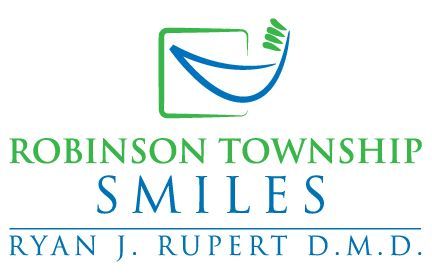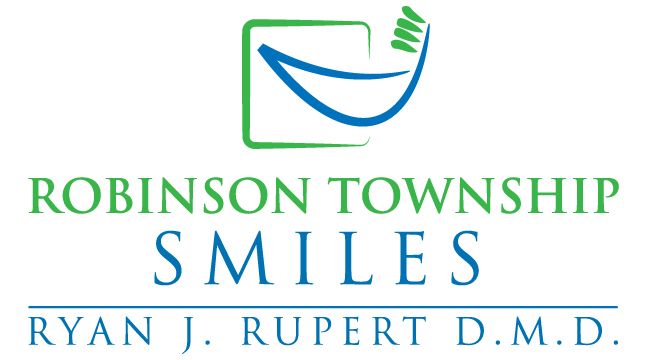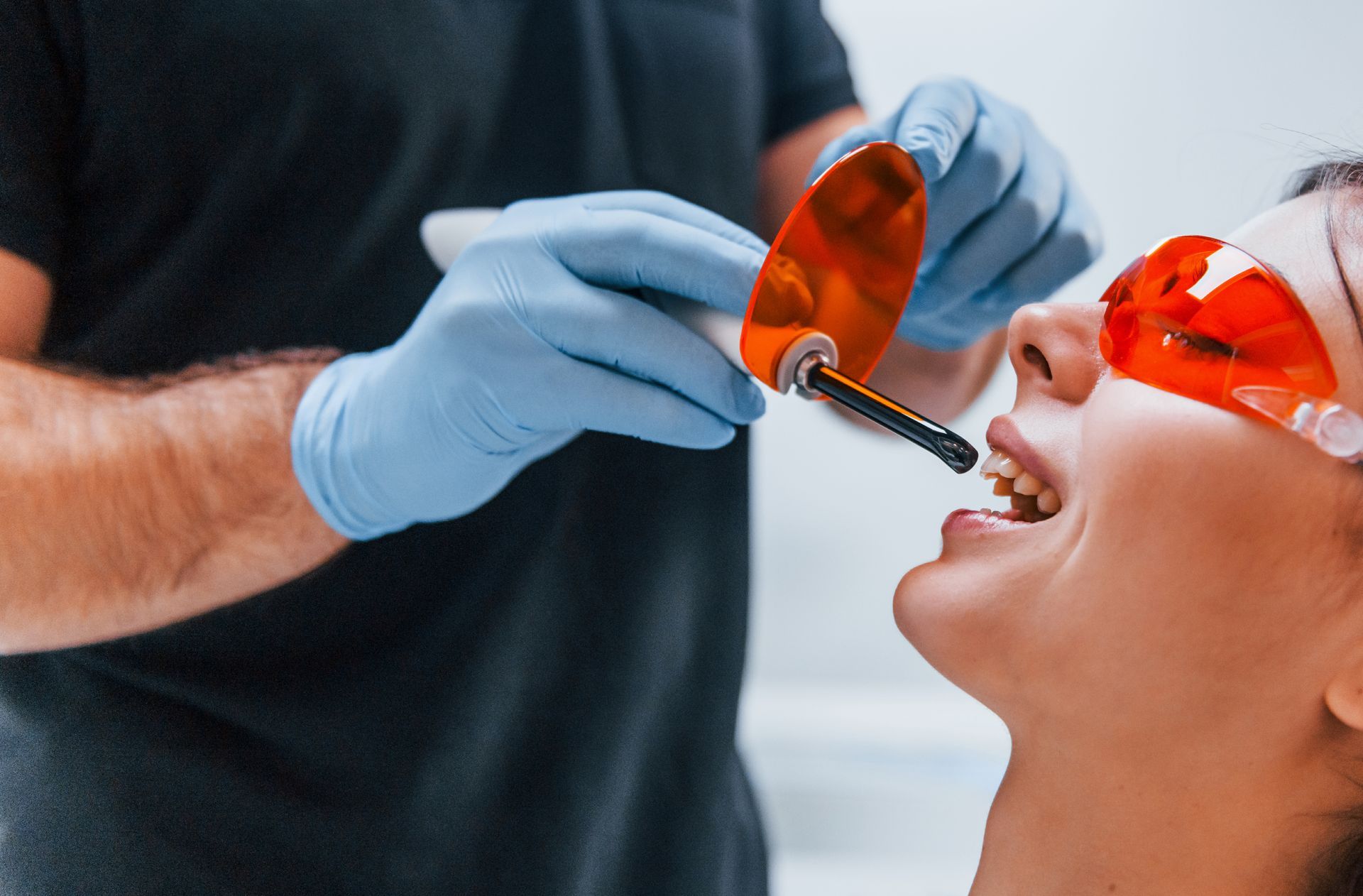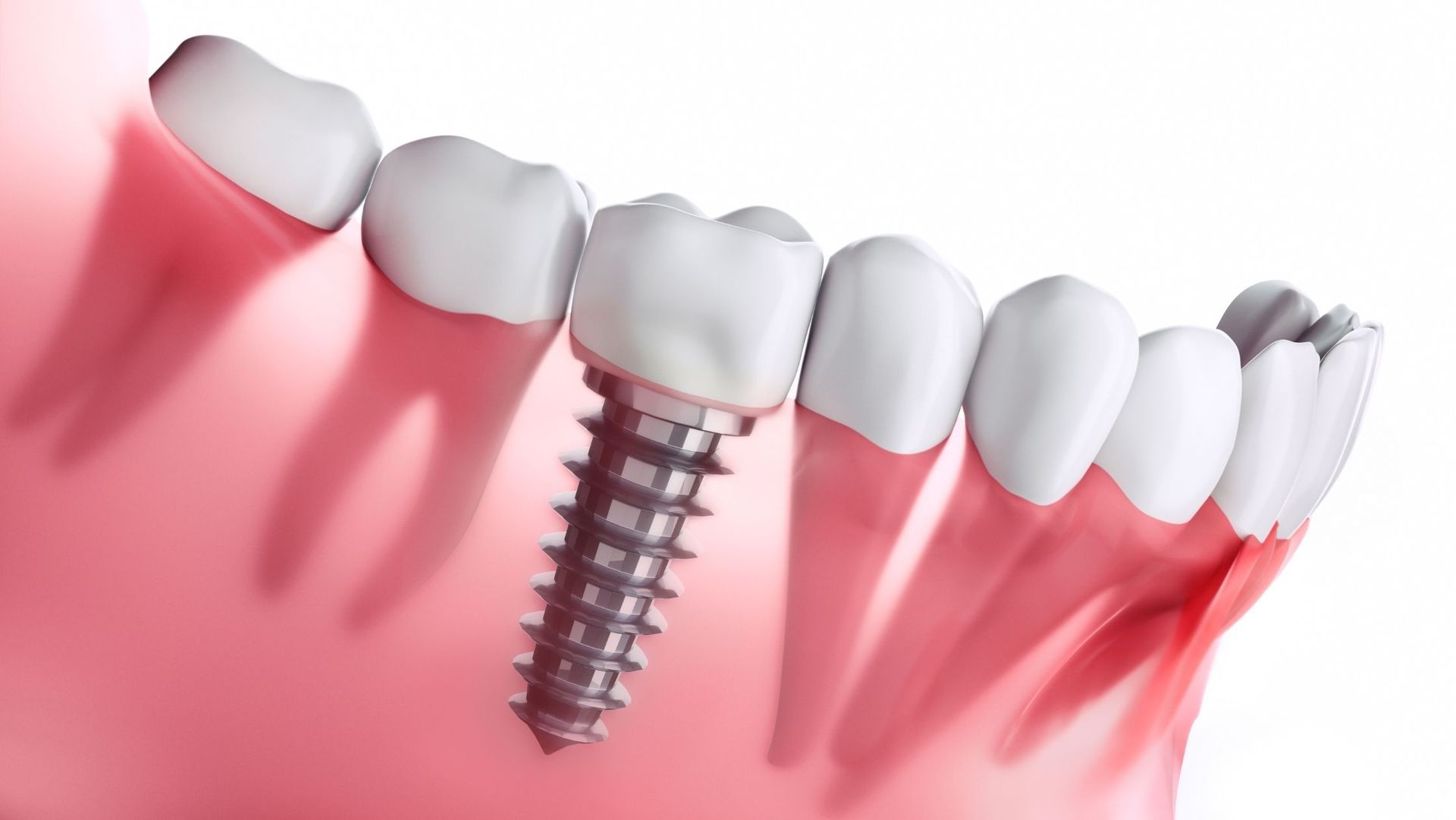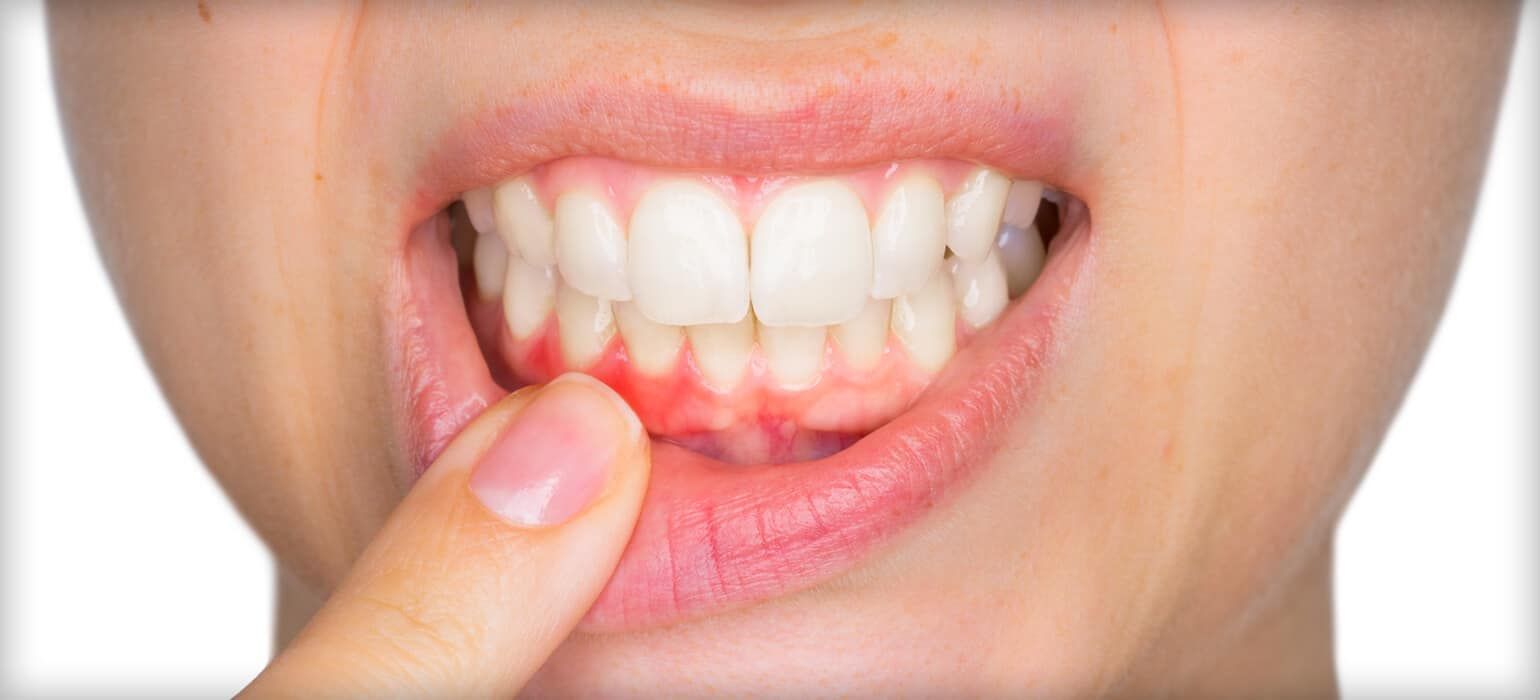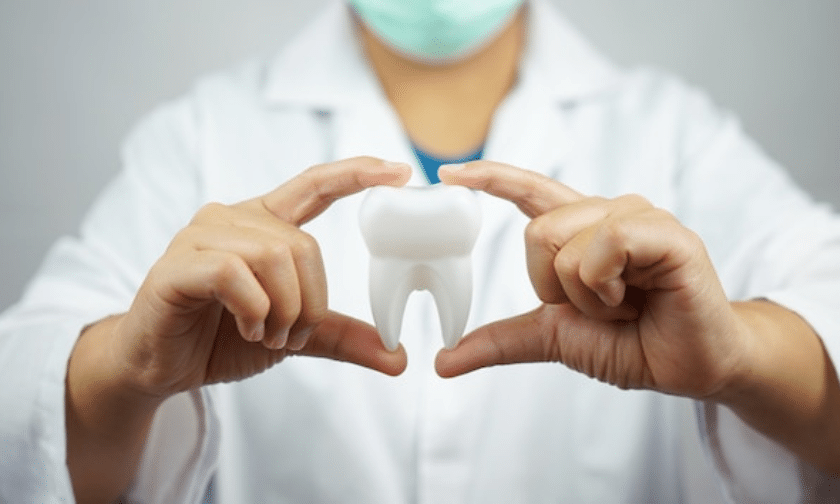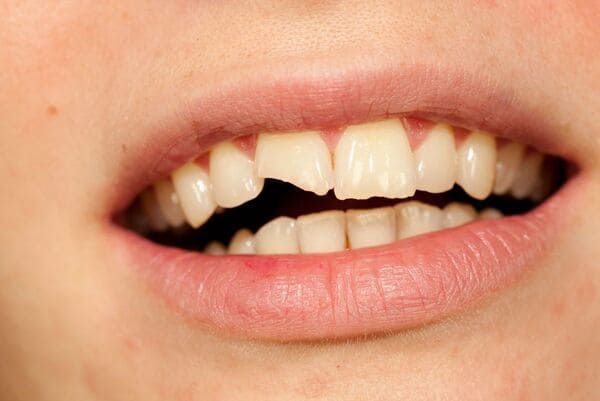Fix Sensitive, Bleeding Gums with Periodontal Therapy
Gum Disease Therapy | Coraopolis, PA Dentist
Are your gums giving you trouble? Do they look redder and puffier than usual? Are they bleeding when you brush or floss? Well, hold on to your toothbrushes because we've got some crucial information for you. You might just be dealing with gum disease, and trust us, you don't want to ignore it! Keep reading to discover the symptoms, causes, and how our dental superheroes can save your smile with Periodontal Therapy.
Symptoms of Gum Disease
First things first, let's talk about the red flags that should set off your dental alarm bells. Here are some telltale signs that you might be dealing with gum disease:
- Bleeding Gums: Healthy gums don't bleed when you brush or floss, but if yours are resembling a horror movie scene, it's time to pay attention.
- Red, Swollen Gums: Is your smile looking more like a pouty emoji? Swollen and red gums are classic signs of trouble.
- Gum Recession: If your gums are playing hide-and-seek with your teeth, it's time to uncover the truth about gum disease.
- Chronic Bad Breath: Are you constantly battling bad breath, no matter how much you brush or gargle? Gum disease might be the culprit.
- Sensitive or Loose Teeth: Tooth sensitivity or wiggly teeth are never a good sign. Gum disease could be behind these issues.
- Jaw Bone Loss: In severe cases, gum disease can lead to jaw bone loss, which can affect your facial structure and bite.
Now that you know the warning signs, don't let fear hold you back! Gum disease is treatable, and we're here to help.
What Causes Gum Disease?
Let's dive into the nitty-gritty of how gum disease takes root in your mouth. It all starts with the buildup of bacterial plaque and tartar on your teeth. As these unwelcome guests accumulate, they infect your gum tissues, causing irritation, soreness, and swelling. The result? Gums that bleed with the slightest touch of your toothbrush or floss.
But here's the kicker: gum disease is a sneaky foe. It's progressive, meaning it won't just pack its bags and leave on its own. Left untreated, those pesky bacteria will keep wreaking havoc on your gum tissue and even start chipping away at your bone structure. This can ultimately lead to the dreaded scenario of tooth loss. Yikes!
Treating Gum Disease with Periodontal Therapy
Now, you might be thinking, "What can I do to save my gums and teeth?" Well, we've got the answers! Our skilled dentist is armed with an arsenal of treatment options to combat gum disease effectively. The key is to act swiftly, so let's explore the two main categories of periodontal therapy:
Non-Surgical Treatment
Imagine this as a deep cleanse for your teeth and gums. Our non-surgical periodontal therapy aims to halt gum disease in its tracks before it can cause more havoc. Here's what it entails:
- Dental Scaling: This process involves removing the plaque, tartar, and bacteria lurking above and below your gumline. It's like sending those intruders packing!
- Root Planing: Think of this as smoothing out the rough terrain on your teeth's surface. By doing so, we make it less inviting for bacteria to set up camp and wreak havoc.
By undergoing these non-surgical treatments, you're taking the first step towards healthier gums and teeth.
Surgical Treatment
In some cases, gum disease may have advanced to a stage where surgical intervention is necessary. But don't worry; our team is well-equipped to handle it. Here's a glimpse of what you might encounter:
- Pocket Reduction (Osseous) Surgery: When gum disease has dug its heels in deep, this surgery becomes the superhero cape. It involves removing the diseased tissue and performing a deep clean below the gumline. By doing so, we create an environment where your gums can reattach to your teeth, restoring a healthier smile.
The goal of these surgical treatments is to halt the progression of gum disease, prevent further damage, and give your gums the chance to heal.
Schedule Your Periodontal Therapy Consultation Today!
The clock is ticking, and your gums are calling out for help. Don't let gum disease steal your smile, one tooth at a time. The sooner you take action, the better the chances of saving your teeth and ensuring your oral health stays on the right track.
So, what are you waiting for? Schedule your periodontal therapy consultation with our experienced dentist today! Your gums will thank you, and your smile will shine brighter than ever before.
